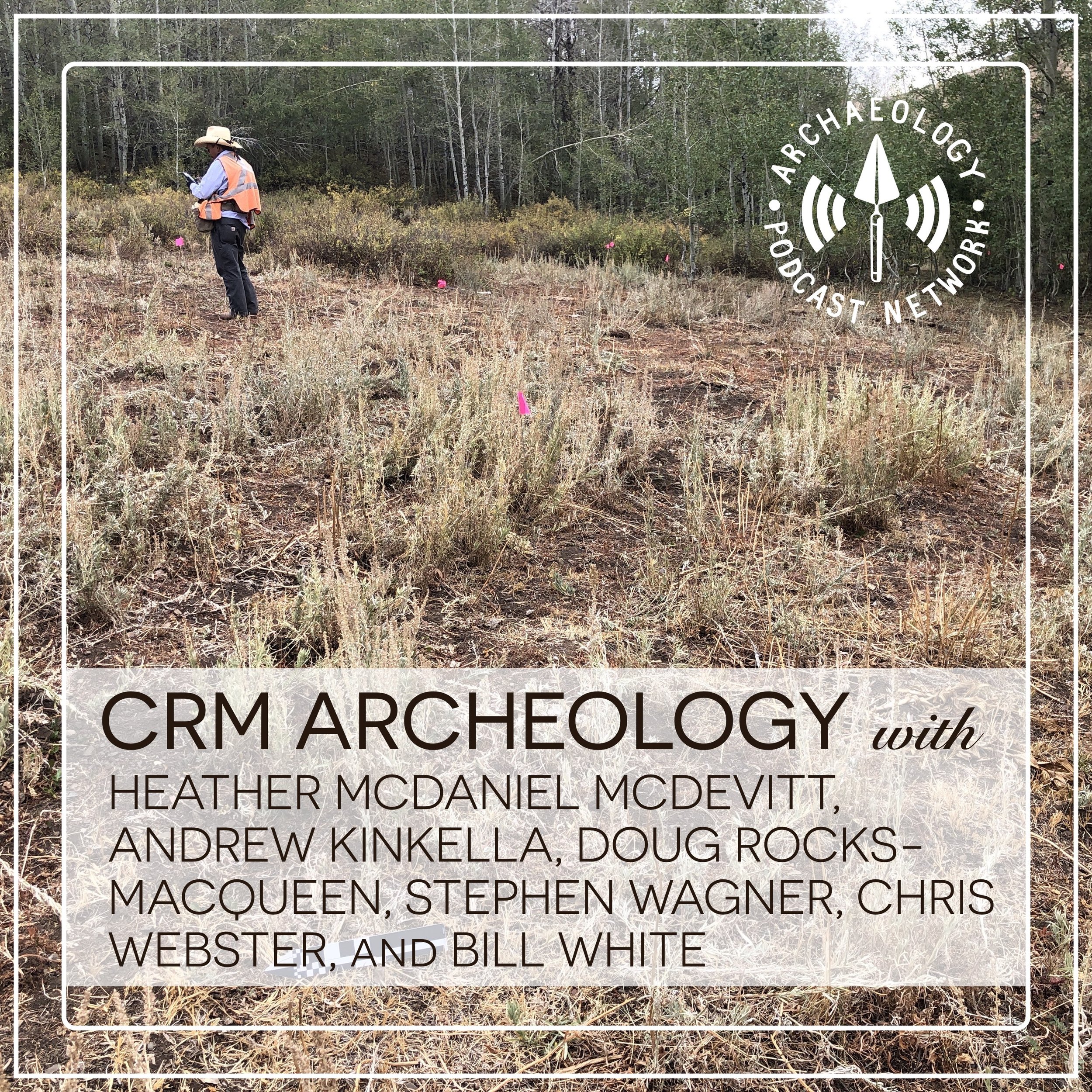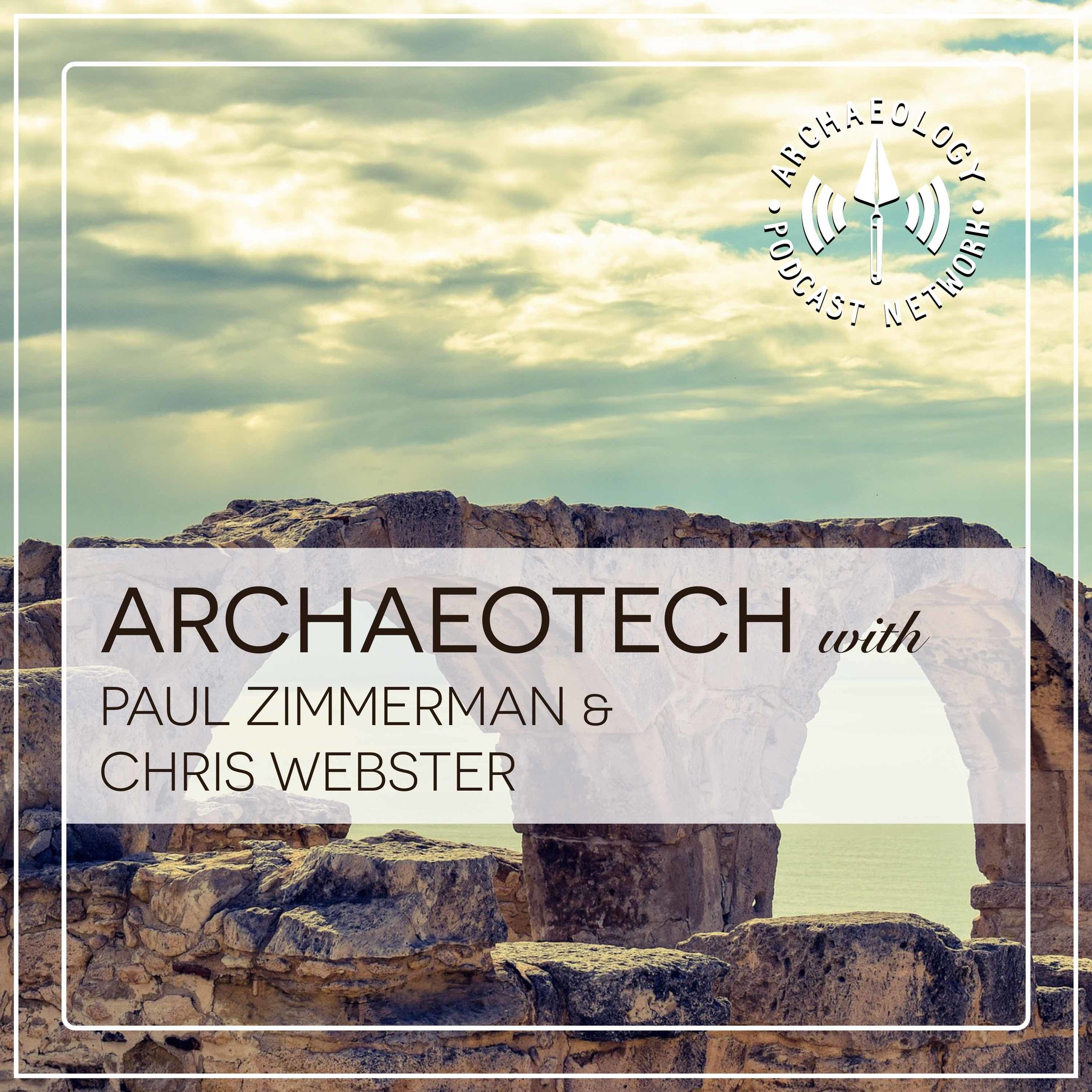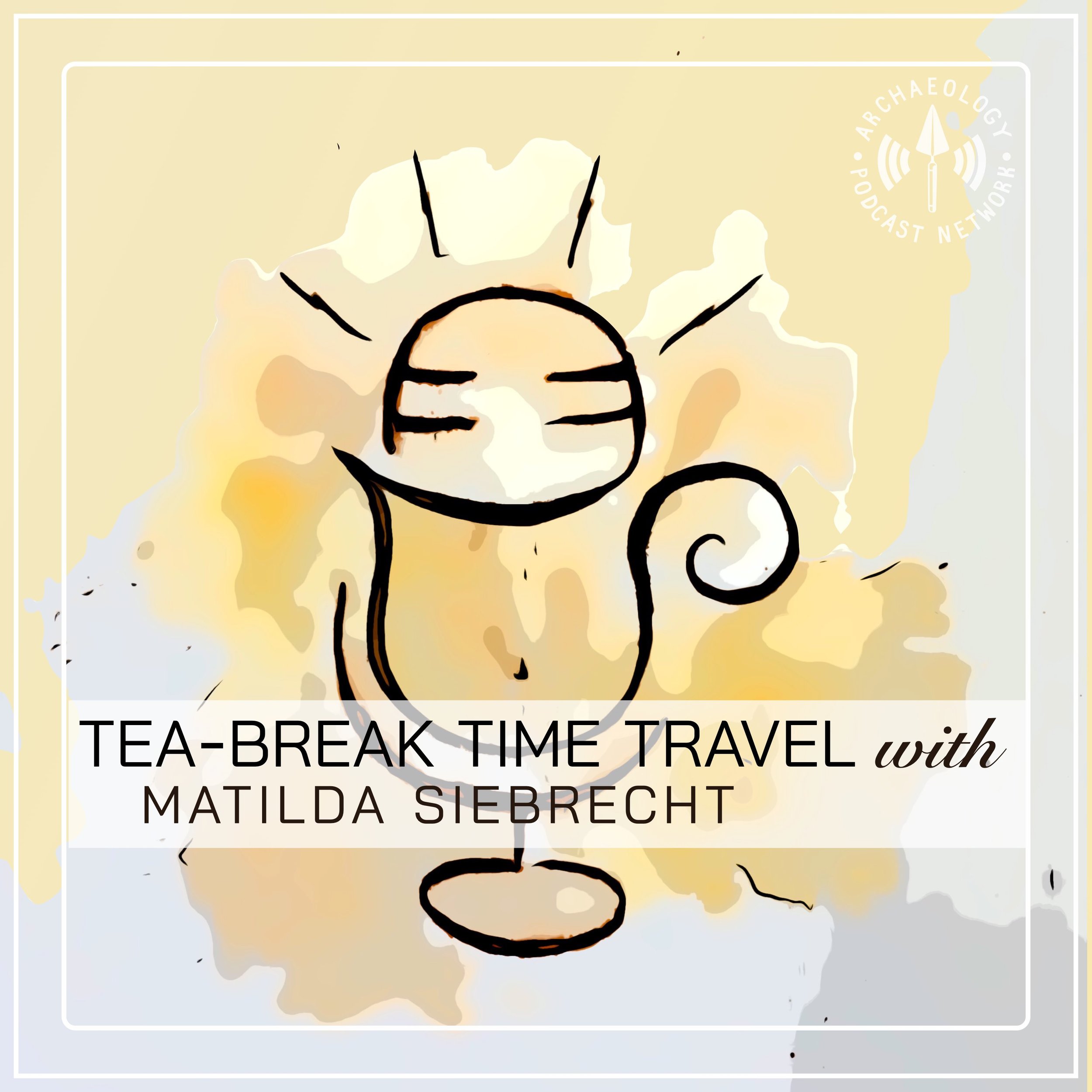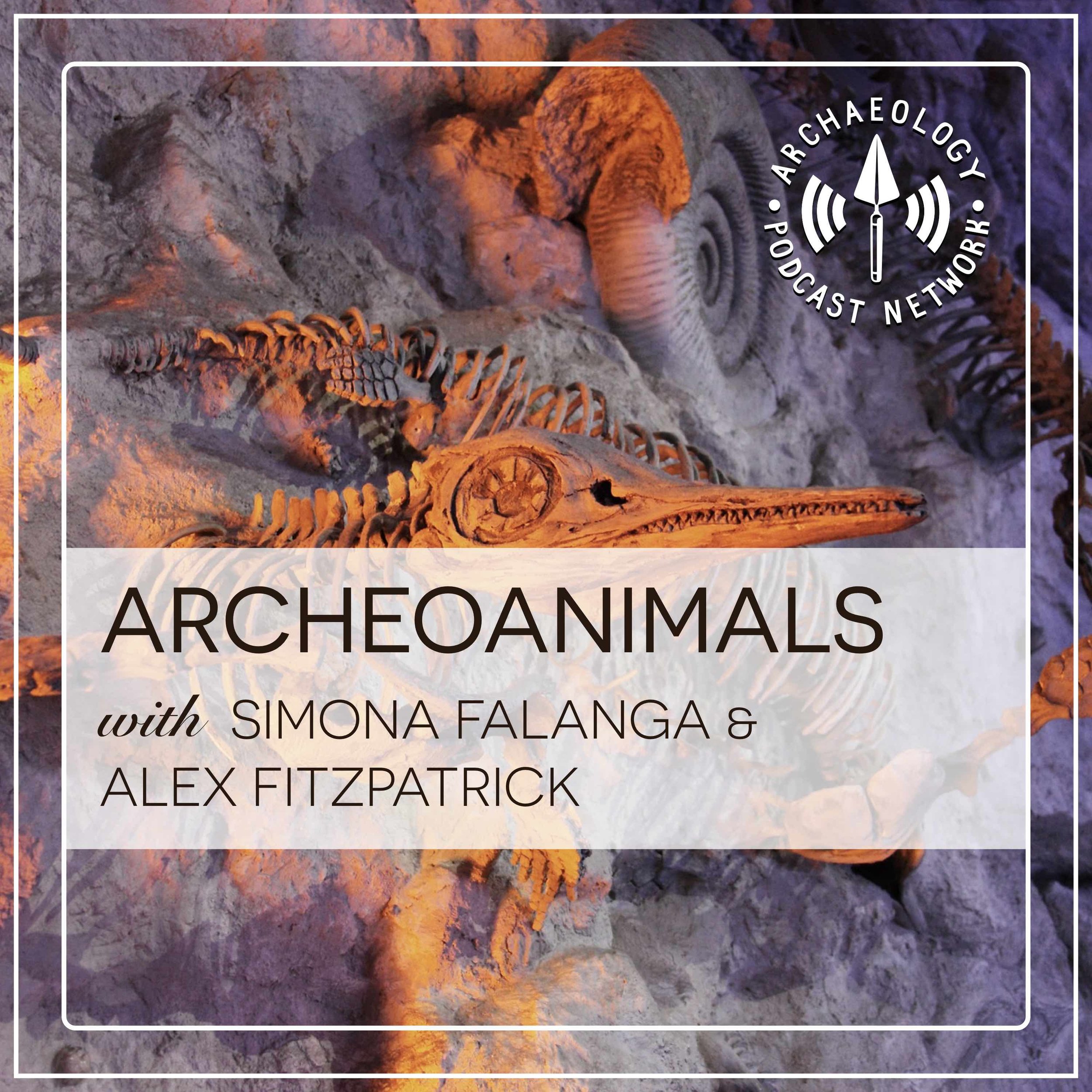Peer review is defined as “a process of subjecting an author’s scholarly work, research or ideas to the scrutiny of others who are experts in the same field”. Like the academic world, peer reviews in CRM are intended to ensure high quality research and to improve the quality of reports; they are also intended to ensure proper regulatory application and compliance. However, peer reviews are at times used for nefarious purposes' this is having a negative impact on the effectiveness of the process. Today’s podcast explores how peer reviews are being employed in CRM and what can be done to get back to the original intent.
Transcripts
// Message for Megaphone (delete this, link the episode and insert the number in the text below):
For rough transcripts of this episode go to www.archpodnet.com/crmarchpodcast/#
Follow Our Panelists On Twitter
Bill @succinctbill; Doug @openaccessarch; Stephen @processarch; Andrew @AndrewKinkella, Chris W @Archeowebby, @DIGTECHLLC, and @ArchPodNet
Blogs and Resources:
Bill White: Succinct Research
Doug Rocks-MacQueen: Doug’s Archaeology
Stephen Wagner: Process - Opinions on Doing Archaeology
Chris Webster: Random Acts of Science
Andrew Kinkella
ArchPodNet
APN Website: https://www.archpodnet.com
APN on Facebook: https://www.facebook.com/archpodnet
APN on Twitter: https://www.twitter.com/archpodnet
APN on Instagram: https://www.instagram.com/archpodnet









